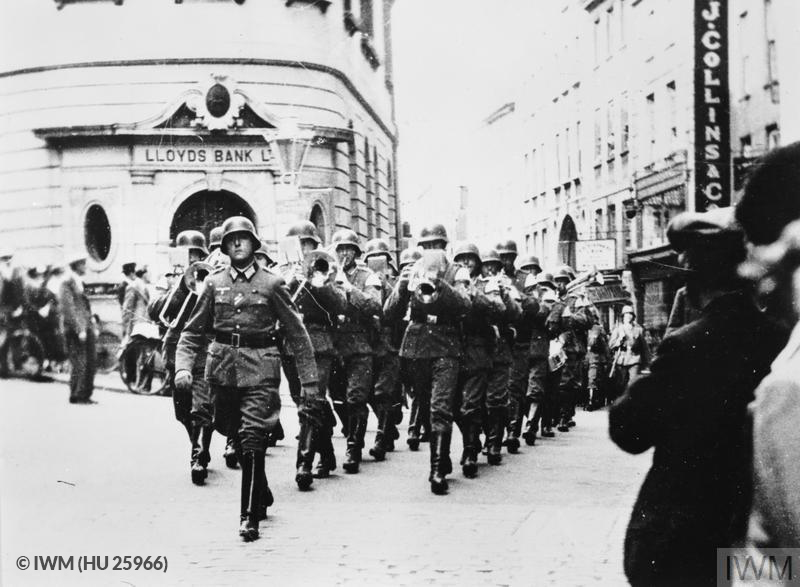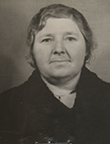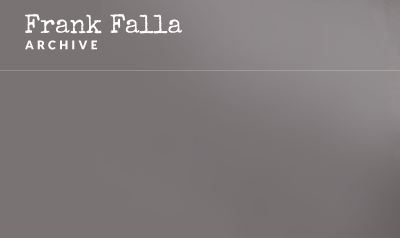30 June 1940: Nazi occupation of the Channel Islands begins
On 30 June 1940, the Nazis began their invasion of the Channel Islands – a group of British Crown dependency islands off the coast of France. This was the result of the German invasion of Western Europe. From May 1940, Nazi troops had been moving west. They captured Belgium, the Netherlands, Luxembourg and France in quick succession, with Paris falling to the Germans on 14 June 1940.

German military band marching past Lloyds Bank on The Pollet, St Peter Port at Guernsey. Copyright: © IWM (HU 25966).
Following the defeat of France, Winston Churchill reluctantly made the decision that British troops be withdrawn from the Channel Islands and redeployed. This left the five islands completely demilitarised. Around 25,000 occupants were evacuated to Britain. Almost all of Alderney’s residents were evacuated, along with around half the population of Guernsey and a fifth of the people from Jersey.
Britain suppressed the news that the islands had been demilitarised, so when Germany attacked it did so with bombings, killing 44 islanders on Jersey and Guernsey. The Nazis occupied four islands – Jersey, Guernsey, Alderney and Sark. It was the only British territory to be occupied. They would remain there until the end of the War in Europe in May 1945.
Hitler believed the Channel Islands might be a ‘stepping stone’ from which to invade Britain. They were also a useful propaganda tool – to show that the Nazis occupied British land.
A small number of Jews lived on the Channel Islands at this time. Most of them evacuated, but some were denied access to Britain because they were classed as ‘enemy aliens’ – meaning they were born in a country with which Britain was at war. These people had to remain where they were and live under German occupation. They were registered and forced to give up their property and businesses. Some were eventually deported to concentration camps.
Life changed rapidly for the islanders living under occupation. The currency was changed to the Reichsmark, everyone had to drive on the right-hand side of the road, and entertainments such as the radio were banned. Cinemas only showed German propaganda films and the clocks were changed to continental time. Anyone breaking the rules faced imprisonment or deportation to Nazi prisons, labour camps and concentration camps.
Prisoners of War and inmates from the Neuengamme concentration camp were brought over from Europe as slave labourers to build fortifications and tunnels. In Alderney, the Nazis established four camps to hold the prisoners. By 1943 the total number of forced labourers on the island was over 4,000. Conditions were harsh and many of the prisoners were murdered. In a report commissioned by Lord Pickles, our Honorary President and UK Special Envoy on Post Holocaust Issues, a panel of 13 international experts found evidence that the number of deaths in Alderney is likely to range between 641 and 1,027.
Food had been rationed for several years, but towards the end of the war it became impossible to import food from France, and severe shortages affected the islanders. During the autumn of 1944, fuel and food supplies were running out and medical supplies were almost non-existent. Finally, at the end of December 1944 a Red Cross relief ship, the SS Vega, was allowed to dock on the Channel Islands with food parcels and medical supplies. This provided a lifeline to the starving islanders.
The German forces began surrendering the Channel Islands on 9 May 1945, as Nazi Germany had been defeated. 9 May continues to be celebrated as Liberation Day every year.

